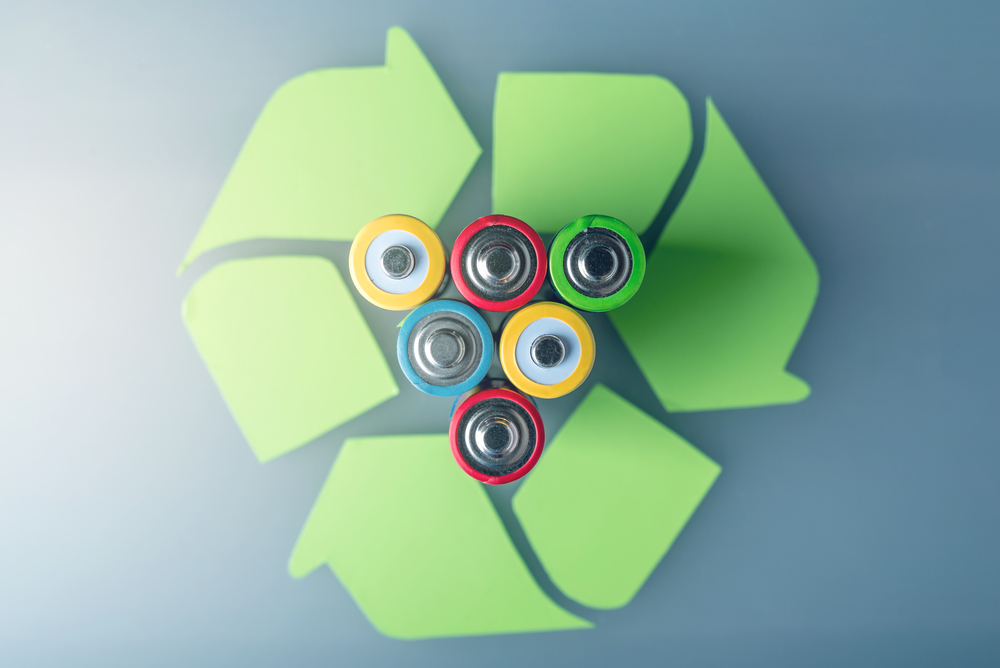The EPA published a request for information (RFI) in the Federal Register on June 9, 2022, to develop “best practices with respect to the collection of batteries to be recycled, as well as establishing a program to promote battery recycling through the development of voluntary labeling guidelines for batteries and communication materials for battery producers and consumers as directed by the Infrastructure Investment and Jobs Act of 2021.”
This Act directs the EPA to develop several new solid waste recycling programs. The RFI covers the establishment of the following programs:
- “The development of best practices that may be implemented by state, tribal, and local governments with respect to the collection of batteries to be recycled that is—technically and economically feasible; environmentally sound and safe for waste management workers; and optimize the value and use of material derived from recycling of batteries; and
- The establishment of a program to promote battery recycling through the development of voluntary labeling guidelines for batteries and other forms of communication materials for battery producers and consumers about the reuse and recycling of critical materials from batteries. The purpose of the program is to improve battery collection and reduce battery waste by—identifying battery collection locations and increasing accessibility to those locations; promoting consumer education about battery collection and recycling; and reducing safety concerns relating to the improper disposal of batteries. EPA is also interested in the creation of labeling guidelines as a helpful tool in providing information to battery manufacturers about the recyclability of their products. EPA is interested in how the voluntary labeling guidelines might apply to small format, large format, and industrial batteries.”
The Agency is seeking information on the management of batteries at the end of their life cycles, including information on their generation, collection, recycling, and reuse, as well as the current labeling standards/requirements for batteries regarding their end of life.
The types of batteries included in the request are:
- Single-use batteries, also known as primary batteries;
- Rechargeable batteries, also known as secondary batteries, including:
- Lithium-based
- Nickel-metal hydride
- Other battery chemistries and all battery types, such as:
- Small consumer batteries;
- Large format batteries (including electric vehicles and grid energy storage); and
- Industrial batteries used in manufacturing, commercial businesses, and healthcare operations.
“The current request is part of a larger trend by the federal government aimed at addressing supply chain issues related to critical minerals such as lithium, which is a key component of not only batteries, but other products needed for the production of clean energy,” says Sidley Austin LLP in a Lexology article. “By building out programs to recycle properly and to educate battery producers and consumers, along with other programs to be implemented by the Department of Energy, EPA endeavors to ‘recover critical materials from batteries to strengthen the nation’s battery supply chain.’”
The deadline to submit comments to Federal eRulemaking Portal (Docket ID No. EPA-HQ-OLEM-2022-0340) is July 11, 2022.

